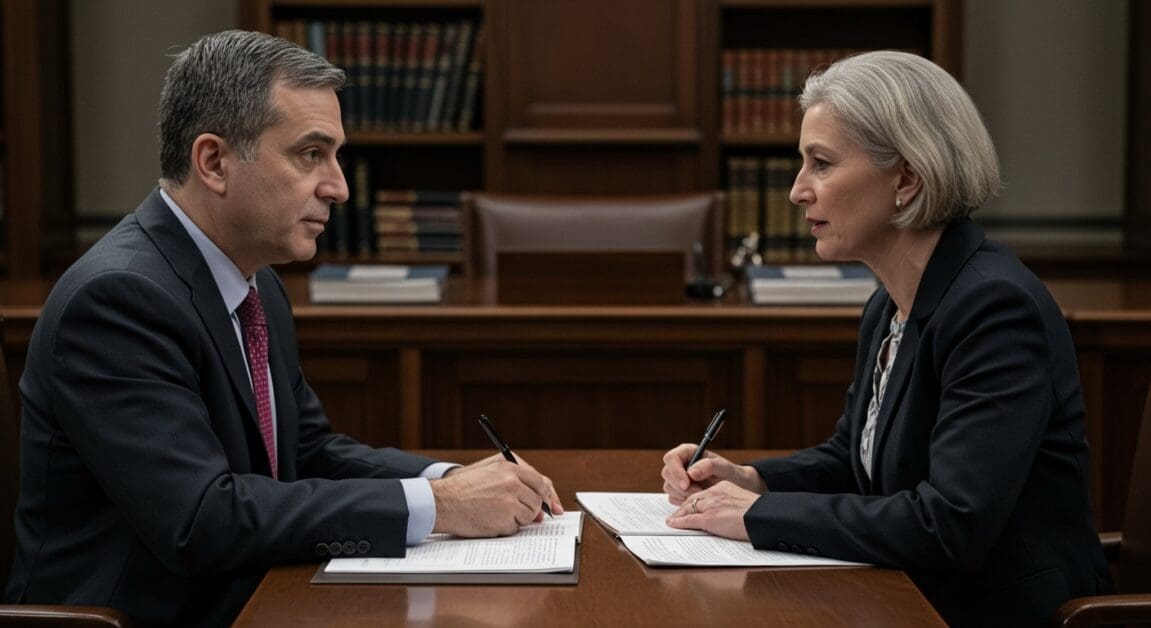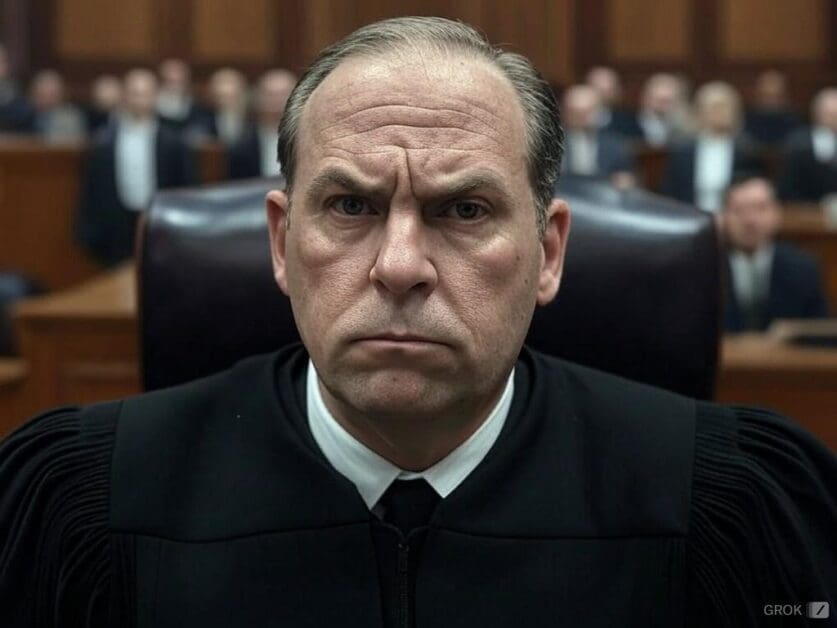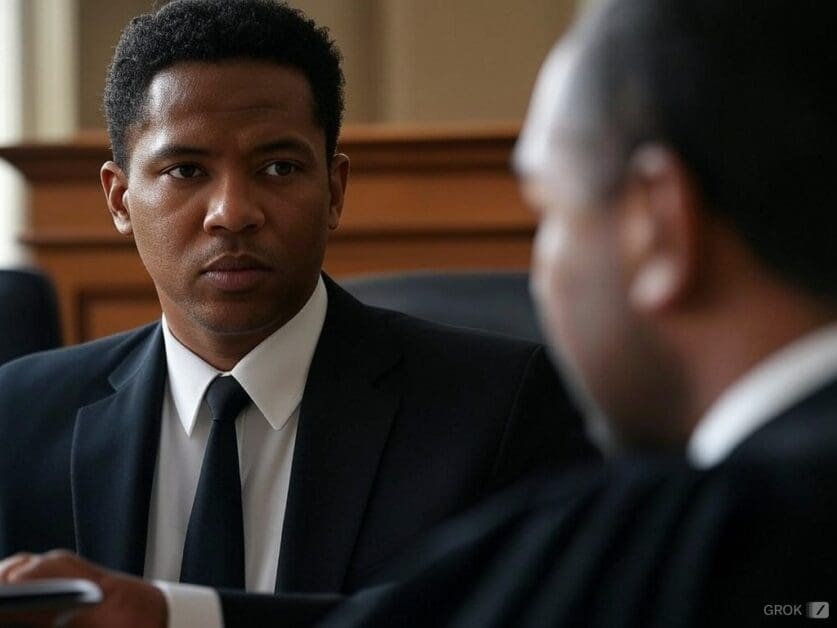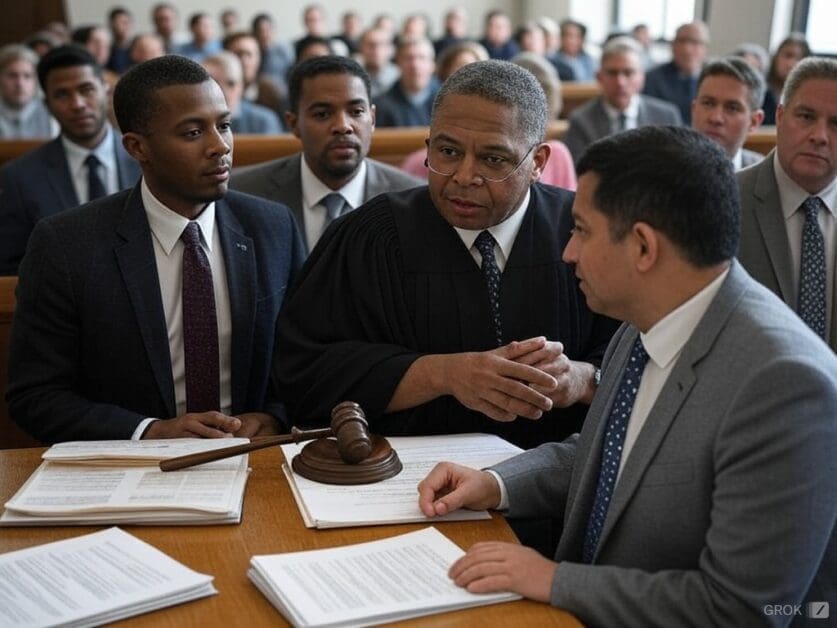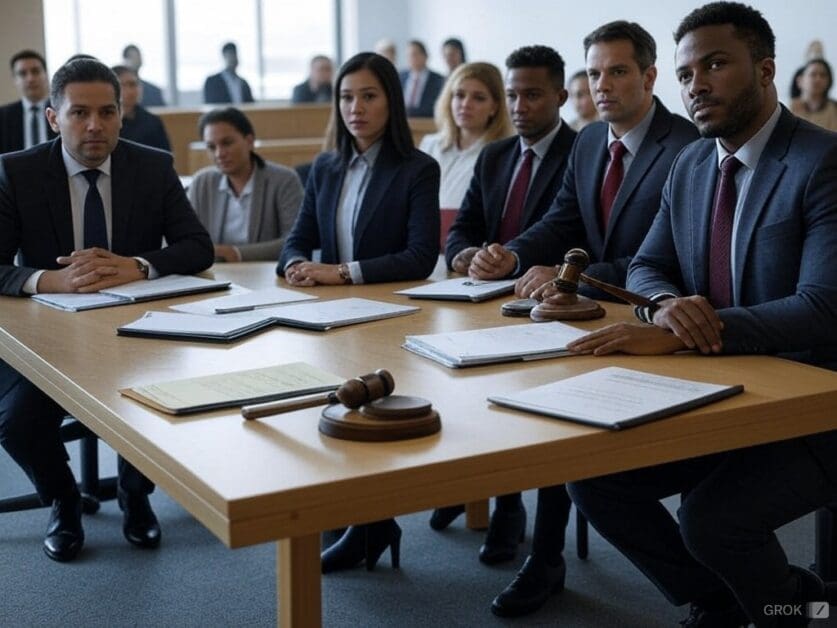Res Judicata in Criminal Law: Finality of Court Decisions
The principle of res judicata plays a crucial role in the American criminal justice system, ensuring the finality of court decisions and preventing the relitigation of settled matters. This legal doctrine, which translates to “a thing adjudicated” in Latin, serves as a cornerstone of judicial efficiency and fairness. In criminal law, res judicata operates alongside […]
Res Judicata in Criminal Law: Finality of Court Decisions Read More »



